FTC's Appeal Against Court Approval Of Microsoft-Activision Merger
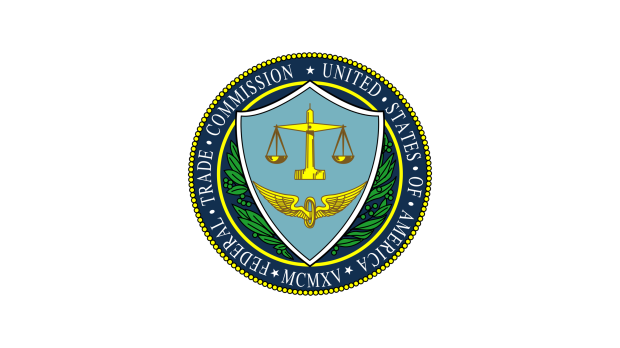
Table of Contents
The FTC's Arguments Against the Merger
The FTC's primary argument hinges on the potential for Microsoft to leverage its control over Activision Blizzard's flagship franchise, Call of Duty, to stifle competition. They argue that this acquisition creates a monopoly-like situation, harming gamers and potentially stifling innovation. The FTC presented a compelling case built upon several key arguments:
-
Reduced competition among console manufacturers: The FTC argued that Microsoft, with Call of Duty exclusively or predominantly on its Xbox ecosystem, could gain an unfair advantage over competitors like Sony's PlayStation, potentially driving them out of the market or forcing them to accept unfavorable conditions.
-
Limited consumer choice and potentially higher prices: By controlling a major franchise like Call of Duty, Microsoft could potentially limit consumer choice and drive up prices, reducing the overall value for gamers. The lack of competitive pressure could lead to less innovation and investment in the quality of games.
-
Exclusion of rival game developers and platforms: The FTC argued that Microsoft could use its ownership of Activision Blizzard to exclude rival game developers and platforms from accessing Call of Duty or other key titles, creating a barrier to entry for new competitors.
-
Harm to innovation within the gaming industry: The FTC posited that a lack of competition could lead to reduced innovation within the gaming industry, potentially resulting in less creative and engaging gaming experiences for consumers. They cited evidence suggesting that competition fosters innovation.
The FTC substantiated their claims with market data, expert testimony, and internal Microsoft documents, aiming to demonstrate a clear path towards reduced competition and consumer harm.
The Court's Rationale for Approving the Merger
Despite the FTC's compelling arguments, the court ultimately approved the Microsoft-Activision merger. The court's decision rested on several key counter-arguments:
-
The court's assessment of the competitive landscape: The judge viewed the gaming market as diverse and dynamic, with numerous successful competitors. They found that the market was robust enough to withstand the merger.
-
The judge's perspective on the potential for anti-competitive behavior: The court deemed the likelihood of Microsoft engaging in anti-competitive behavior following the acquisition to be low. They emphasized the agreements Microsoft made to ensure Call of Duty's availability across multiple platforms.
-
Any stipulations or conditions imposed by the court as part of their approval: While the court approved the merger, it may have imposed conditions on Microsoft to mitigate potential anti-competitive risks. These conditions could impact future strategies.
The court's decision differed significantly from the FTC's outlook, highlighting the complexities of antitrust litigation and the difficulty in predicting the long-term impacts of large-scale mergers.
Implications of the FTC's Appeal
The FTC's appeal holds significant implications for the gaming industry and beyond:
-
Potential reversal of the merger approval: The appeal could lead to a complete reversal of the court's decision, effectively blocking the merger.
-
Delay in the merger's completion: Even if the appeal is ultimately unsuccessful, the legal process will likely cause significant delays in the finalization of the Microsoft-Activision merger.
-
Setting a precedent for future merger approvals in the tech industry: The outcome of this appeal will have significant ramifications for future merger approvals within the tech sector, impacting how regulators approach similar acquisitions.
-
Impact on Microsoft's stock price and business strategy: The uncertainty surrounding the appeal directly affects Microsoft's stock price and its overall business strategy, potentially affecting future acquisitions and investments.
The success of the appeal hinges on the appellate court's interpretation of the evidence and their assessment of the potential for anti-competitive behavior.
Regulatory Scrutiny of Big Tech Mergers
The FTC's appeal underscores a broader trend of increasing regulatory scrutiny surrounding large tech mergers. This heightened scrutiny reflects growing concerns about:
-
Antitrust concerns: Regulators globally are increasingly concerned about the potential for large tech companies to use their market dominance to stifle competition.
-
The power of large tech companies: The significant market power wielded by large tech companies has prompted greater regulatory attention to ensure fair competition.
-
The impact of mergers on consumers and competition: Regulators are focused on evaluating the impact of mergers on consumers and overall competition, seeking to prevent situations where mergers harm consumers.
Cases like the FTC's challenge to the Microsoft-Activision merger are becoming increasingly common, reflecting a global shift towards a more cautious approach to approving large tech mergers. Other examples include the scrutiny of Facebook's acquisition of Instagram and WhatsApp.
Conclusion: The Future of the Microsoft-Activision Merger and FTC Enforcement
The FTC's appeal against the court approval of the Microsoft-Activision merger presents a complex legal battle with far-reaching implications for the gaming industry and the broader tech sector. The FTC's concerns regarding anti-competitive practices are counterbalanced by the court's assessment of the competitive landscape and the potential for innovation. The outcome of this appeal will not only determine the fate of this specific merger but will also significantly impact future regulatory decisions concerning large tech acquisitions. The ongoing developments in the FTC's Appeal Against Court Approval of Microsoft-Activision Merger deserve close monitoring, and we encourage you to stay updated on this significant case that shapes the future of the gaming industry and tech regulation. For more information, follow reputable news sources and official statements from the FTC and the involved parties.

Featured Posts
-
 The Aimscap Advantage Excelling In The World Trading Tournament
May 22, 2025
The Aimscap Advantage Excelling In The World Trading Tournament
May 22, 2025 -
 Investigation Into Lingering Toxic Chemicals Following Ohio Train Derailment
May 22, 2025
Investigation Into Lingering Toxic Chemicals Following Ohio Train Derailment
May 22, 2025 -
 Provence Walking Tour Mountains To Mediterranean Coast
May 22, 2025
Provence Walking Tour Mountains To Mediterranean Coast
May 22, 2025 -
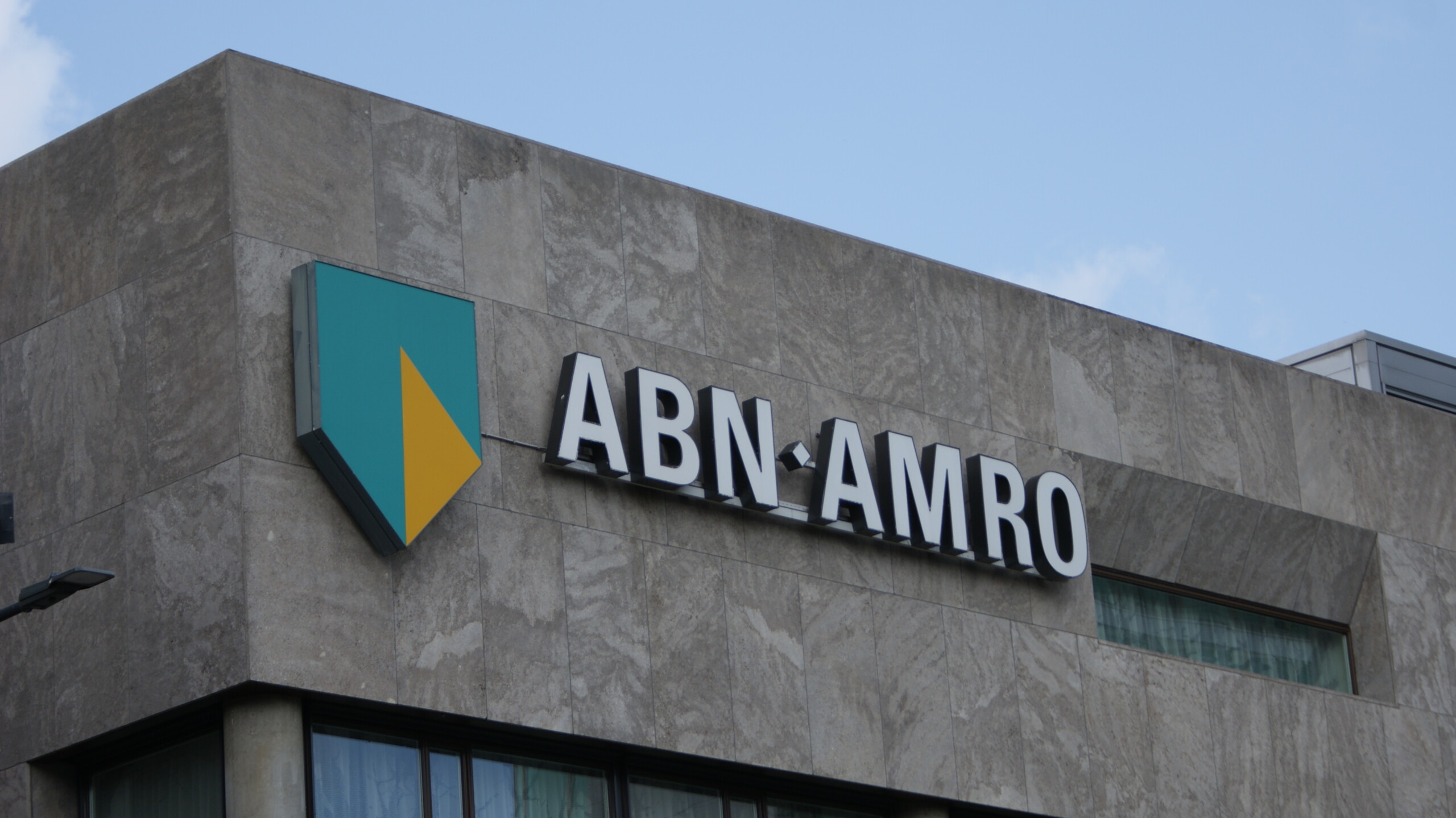 Abn Amro Amerikaanse Invoerheffingen Halveren Voedselexport
May 22, 2025
Abn Amro Amerikaanse Invoerheffingen Halveren Voedselexport
May 22, 2025 -
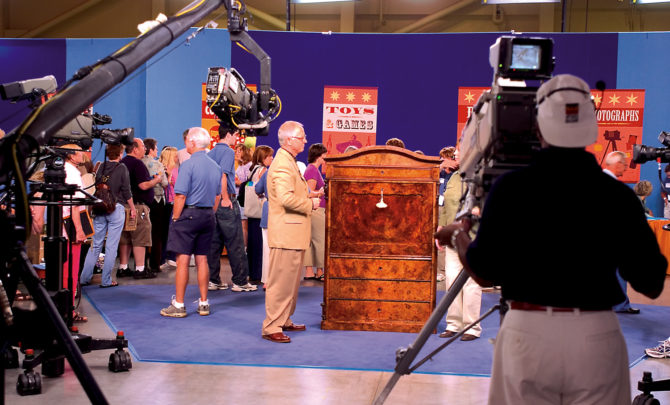 Antiques Roadshow Leads To Arrest American Couple Detained In Britain
May 22, 2025
Antiques Roadshow Leads To Arrest American Couple Detained In Britain
May 22, 2025
Latest Posts
-
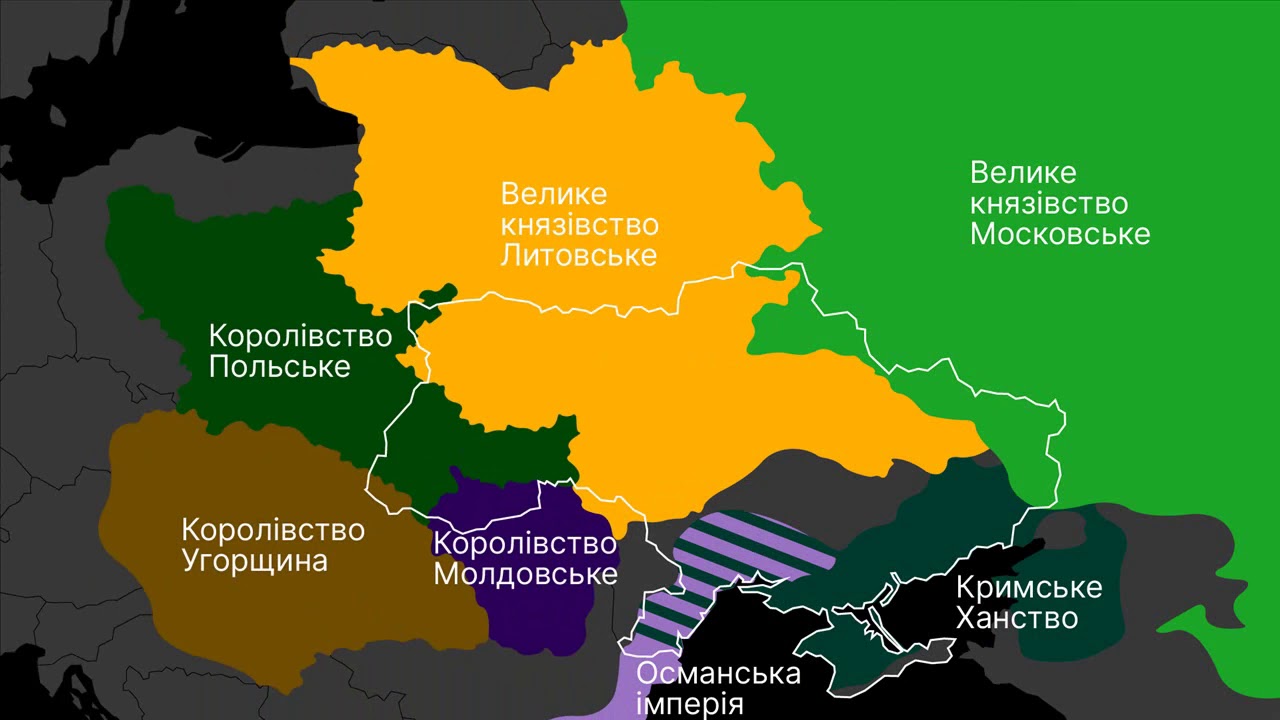 Vidmova Ukrayini U Chlenstvi V Nato Geopolitichni Naslidki Ta Prognozi
May 22, 2025
Vidmova Ukrayini U Chlenstvi V Nato Geopolitichni Naslidki Ta Prognozi
May 22, 2025 -
 Selena Gomezs Blake Lively Claim A Wake Up Call For Taylor Swift Amidst Legal Troubles
May 22, 2025
Selena Gomezs Blake Lively Claim A Wake Up Call For Taylor Swift Amidst Legal Troubles
May 22, 2025 -
 Vidmova Ukrayini Vid Nato Realni Zagrozi Ta Politichni Naslidki
May 22, 2025
Vidmova Ukrayini Vid Nato Realni Zagrozi Ta Politichni Naslidki
May 22, 2025 -
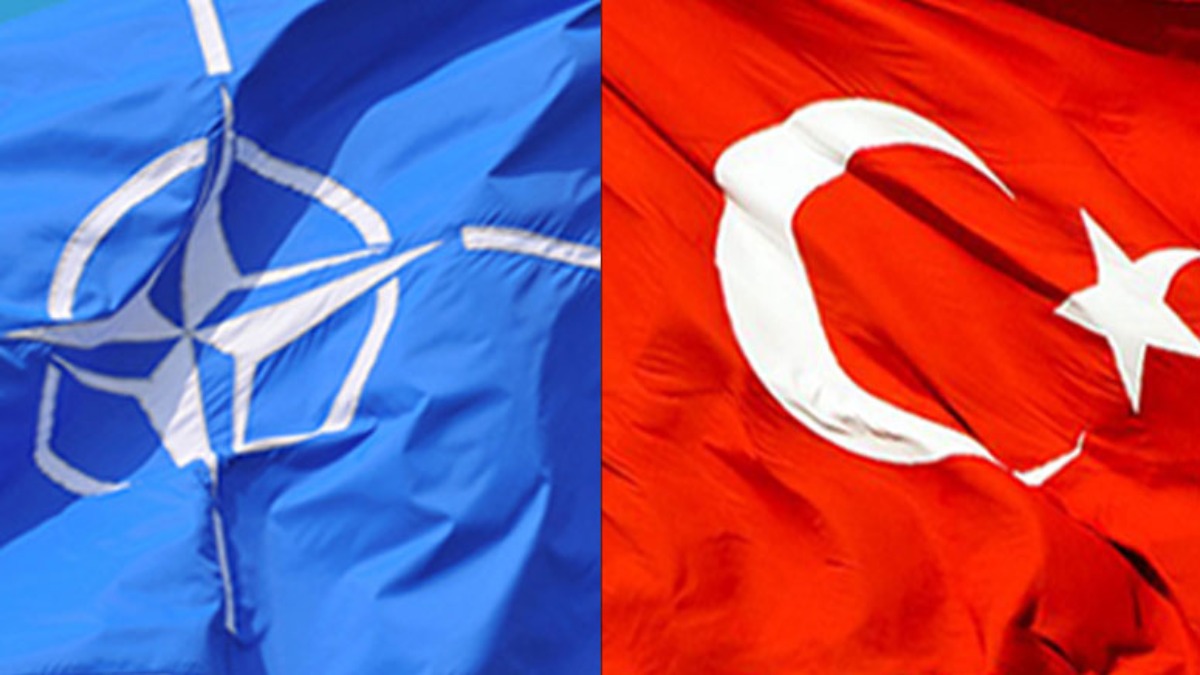 Nato Nun Tuerkiye Ve Italya Ya Verdigi Ortak Goerev
May 22, 2025
Nato Nun Tuerkiye Ve Italya Ya Verdigi Ortak Goerev
May 22, 2025 -
 Exclusive The It Ends With Us Legal Battle And Its Impact On Taylor Swift And Blake Lively
May 22, 2025
Exclusive The It Ends With Us Legal Battle And Its Impact On Taylor Swift And Blake Lively
May 22, 2025
